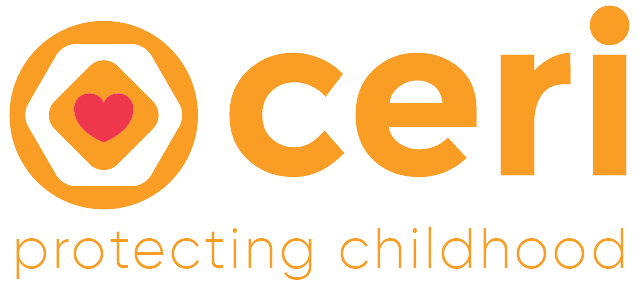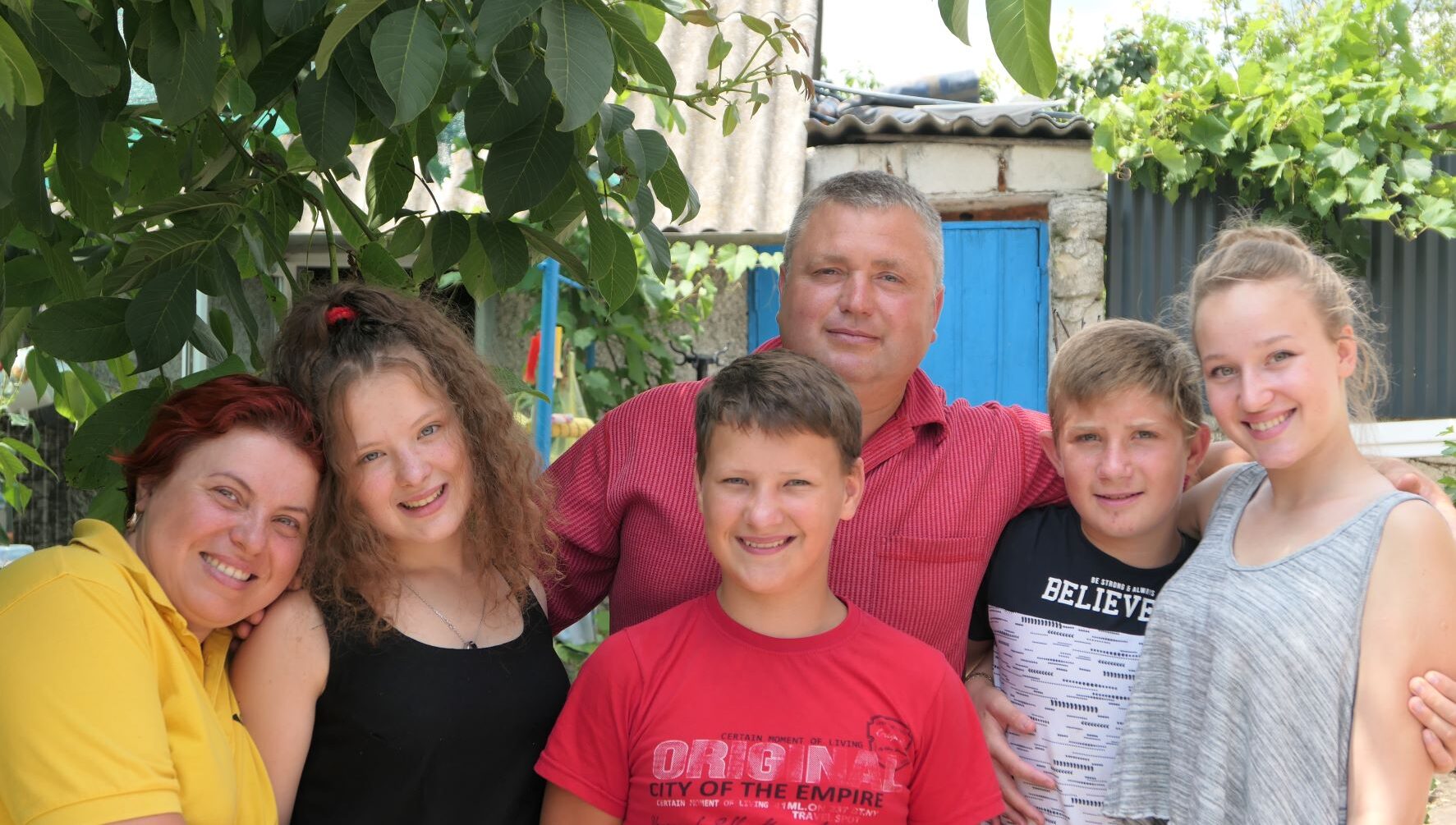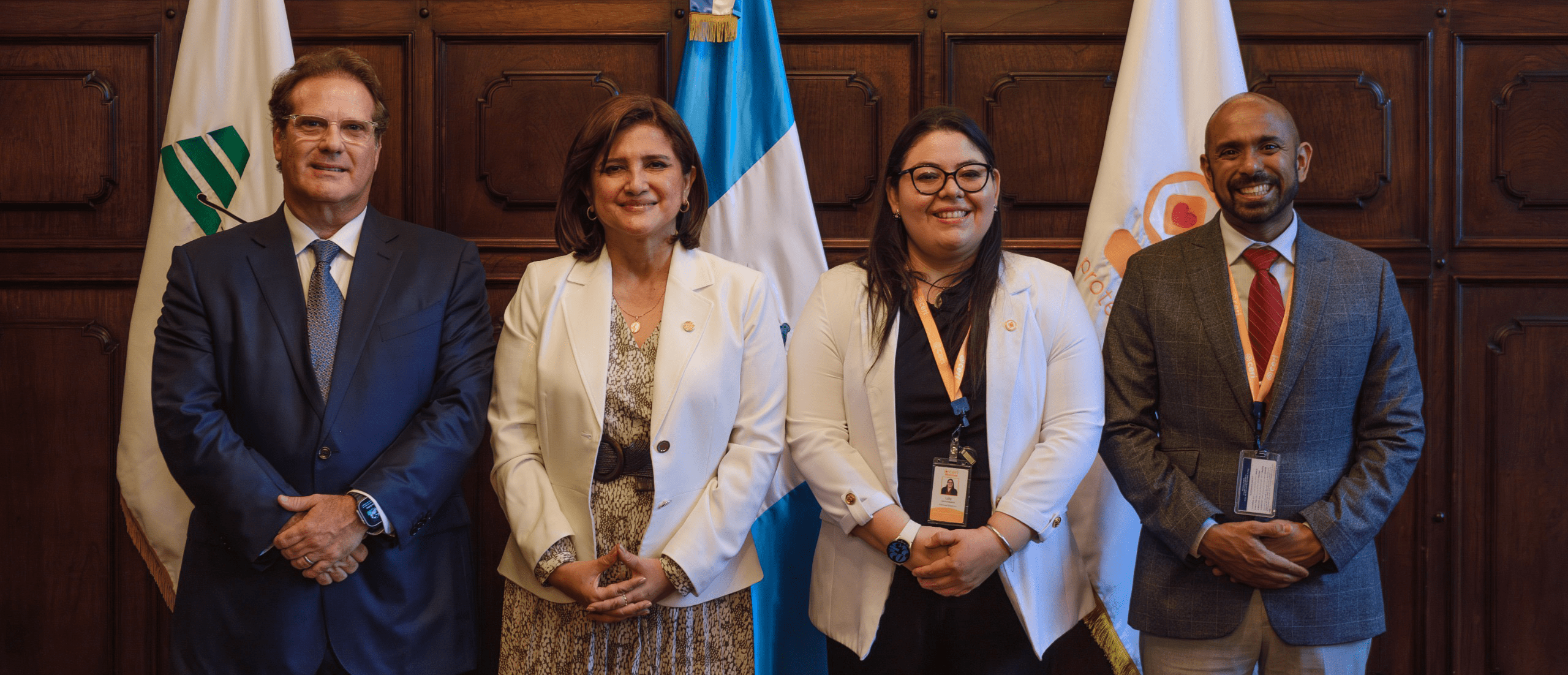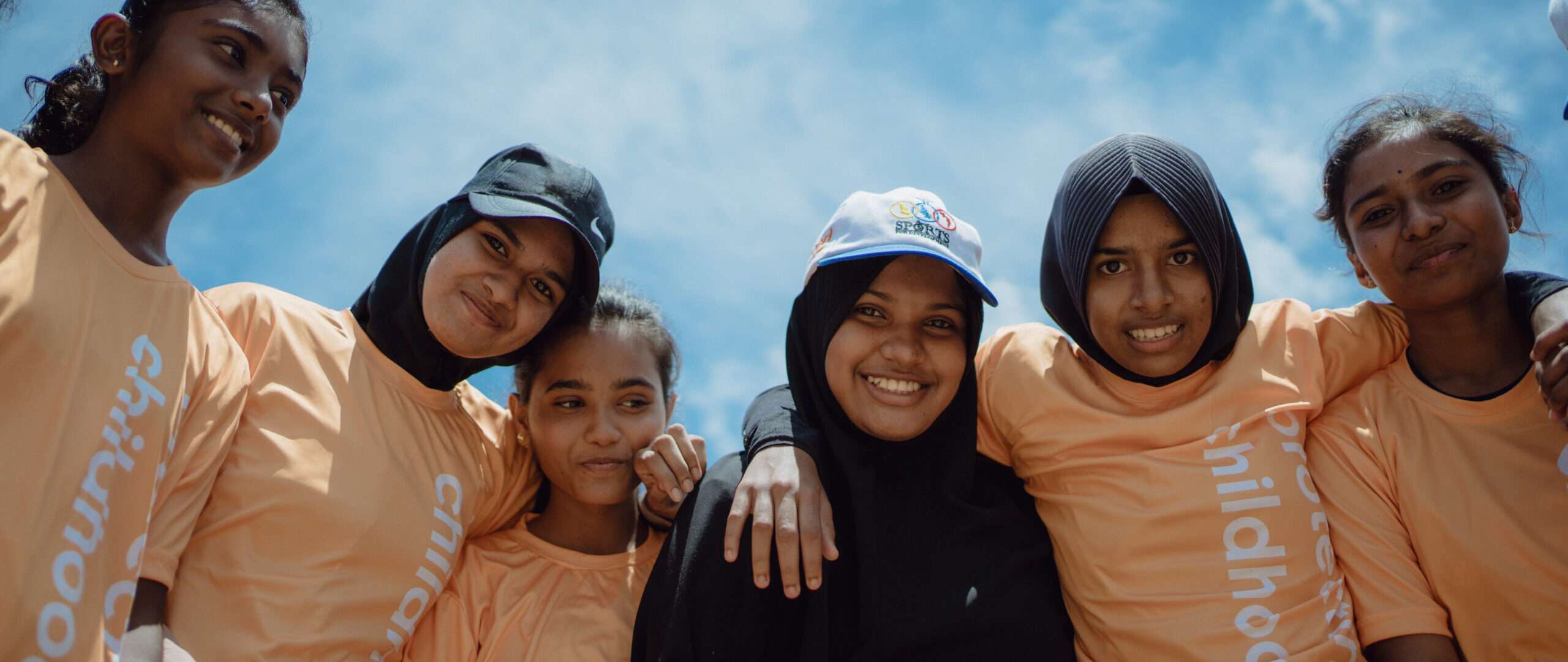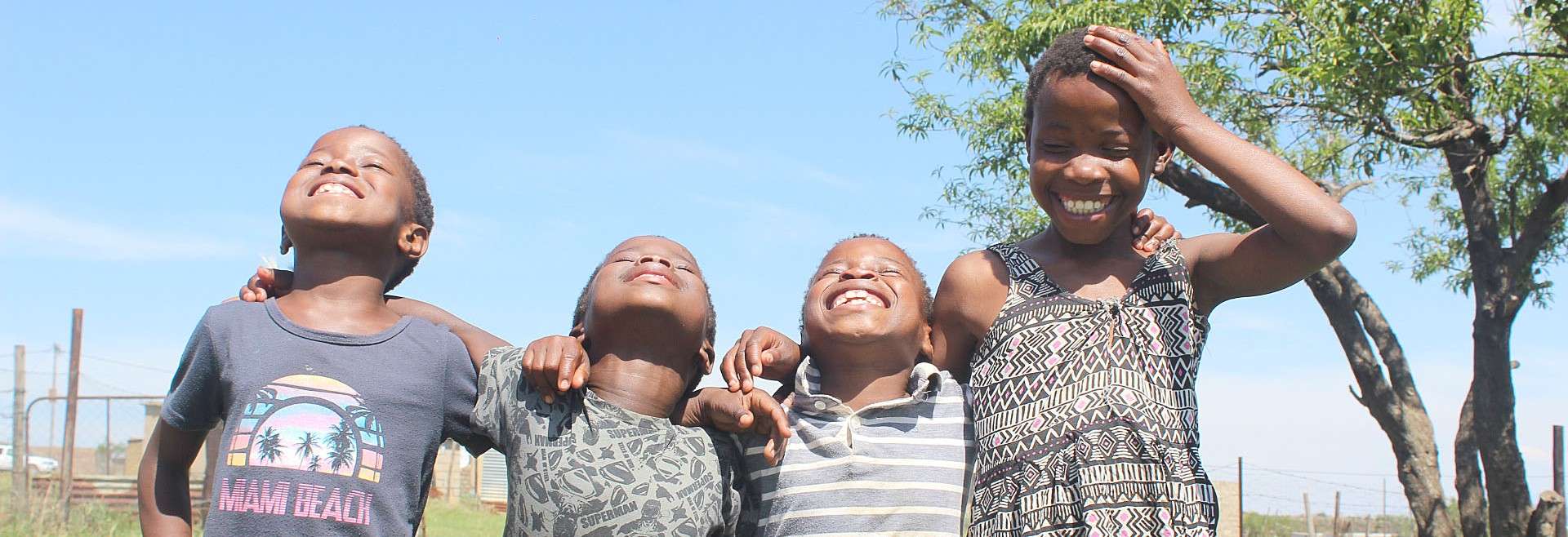What do you like about being a parent? The answer is likely to change depending on the day, season, or most recent family vacation. Some days there is no answer. Most days there are many. Children grow, and what we see in them and what they reveal in us changes as often as they do.
When Aleasa, a mother of four in Moldova, was asked what she enjoys most about parenting, “learning from my children” was her answer. She likes that her children teach her everything from principles like patience, forgiveness, and compassion, to life lessons like how biology does not determine bond.
Aleasa and her husband had been married for several years before they realized they could not have children. They considered adoption, but it wasn’t until they learned of foster care that the couple stopped dreaming and started planning for what life could look like as a family.
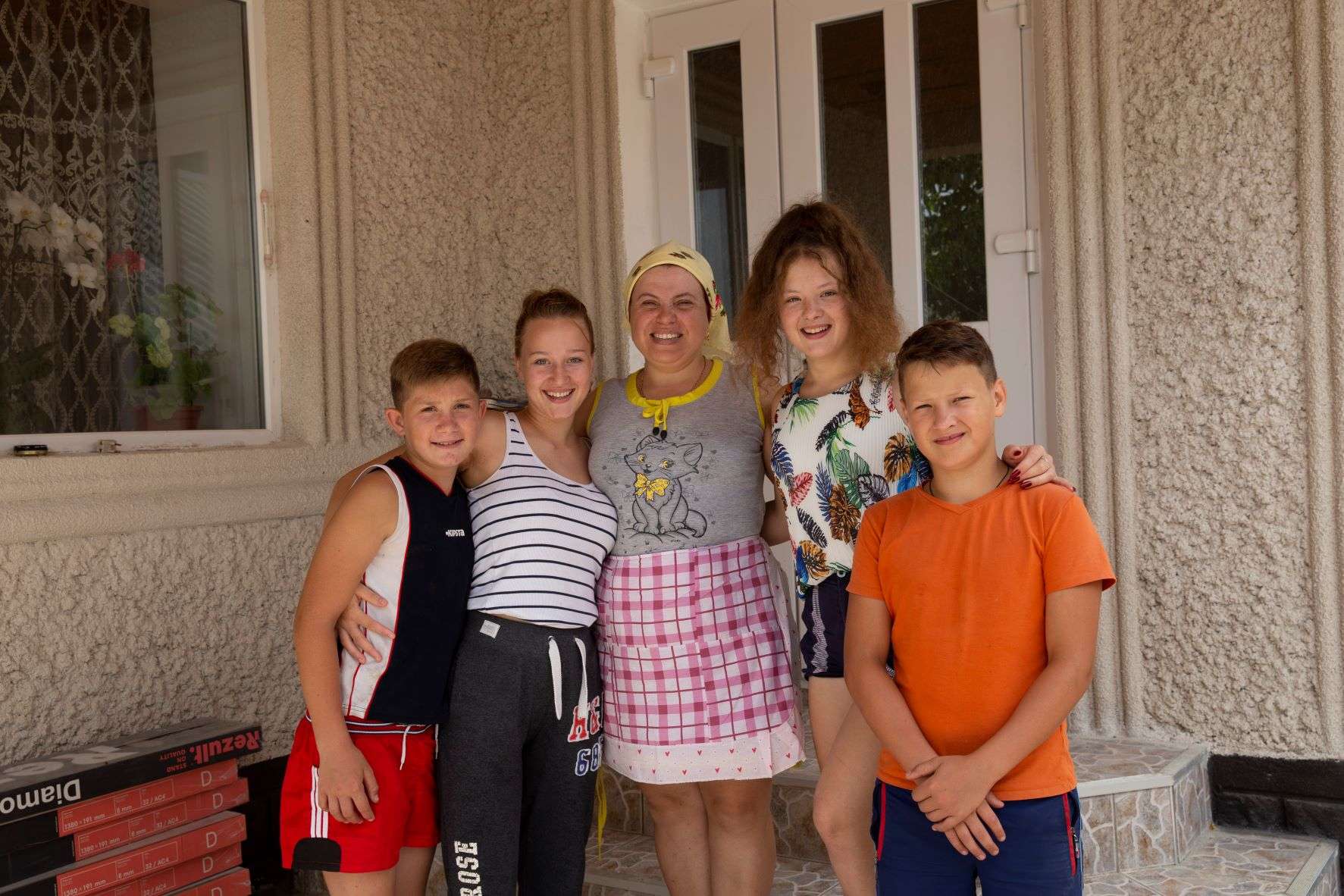
Aleasa met with Child Protective Services and other organizations that managed foster care. She started chatting with other foster parents. She and her husband attended trainings and even remodeled their home so that they could have enough space to give their future children a place to call home.
In 2010, Aleasa brought home her first child, Mircea, a little boy only 16 months old. The family of three grew together and grew close. Mircea was a sign. “After our first child was placed in our family, we knew we were on the right path,” said Aleasa.
By 2015, Mircea was in kindergarten and very curious. He came home one day and asked why he didn’t have siblings like the other kids at school. Aleasa and her husband agreed with their son. Why couldn’t Mircea have someone to play with, and why couldn’t the family foster more children?
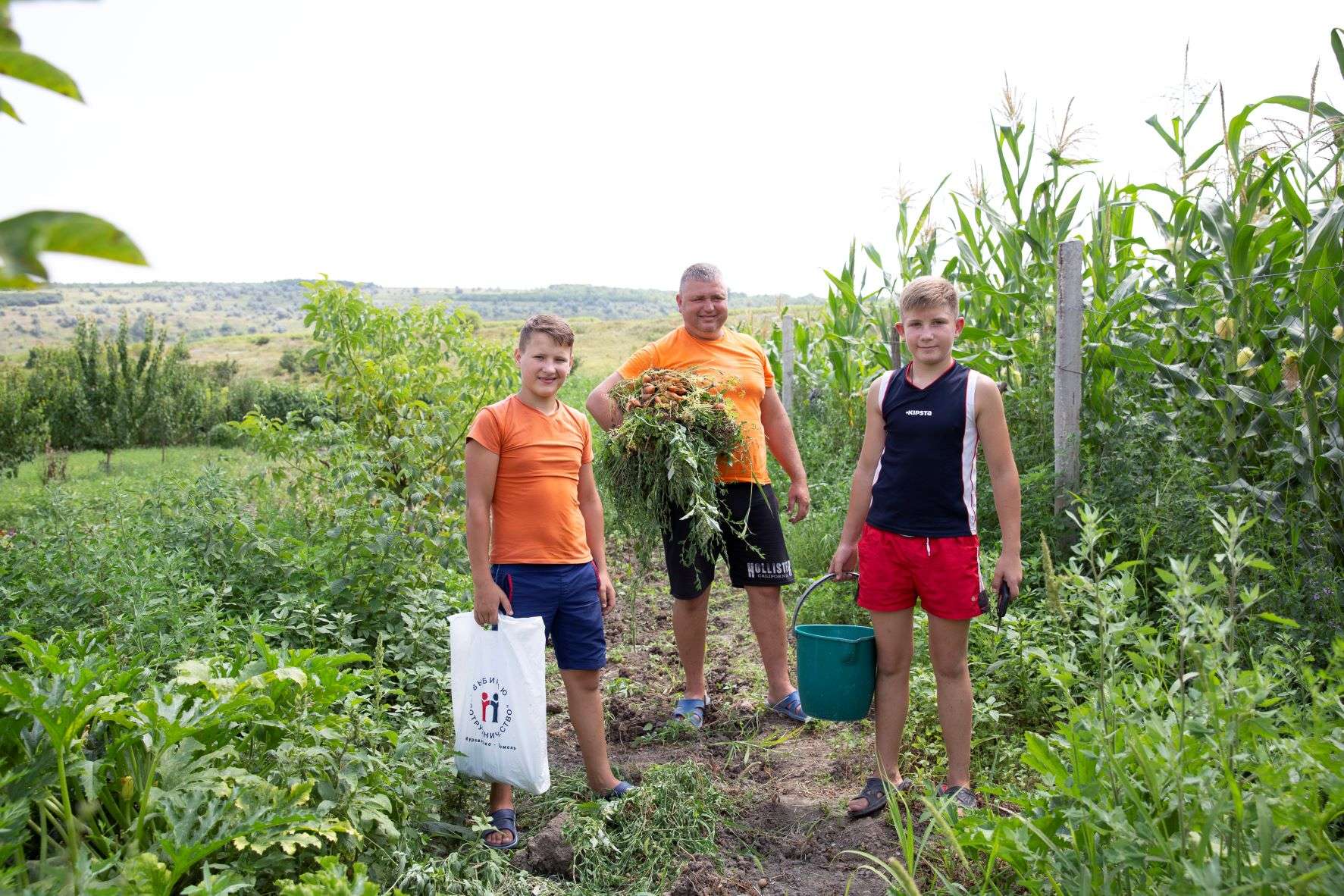
Slowly but surely the family grew to include four children. This took not only paperwork and patience, but major changes to Aleasa’s house and compromises on the family budget.
With the support of a CERI social worker, Aleasa and her husband have been able to face the challenges that come with parenting. They attended counseling and parenting classes and received help with food and medical support when they needed it most. Aleasa believes the biggest help was having a kind and knowledgeable social worker she could trust in her parenting journey.
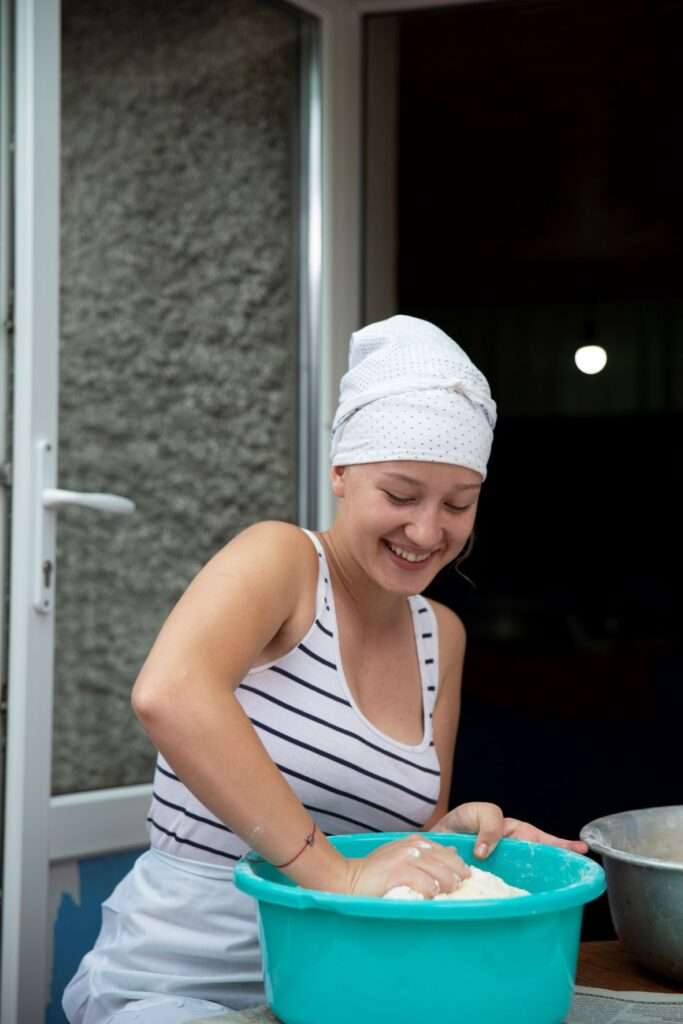
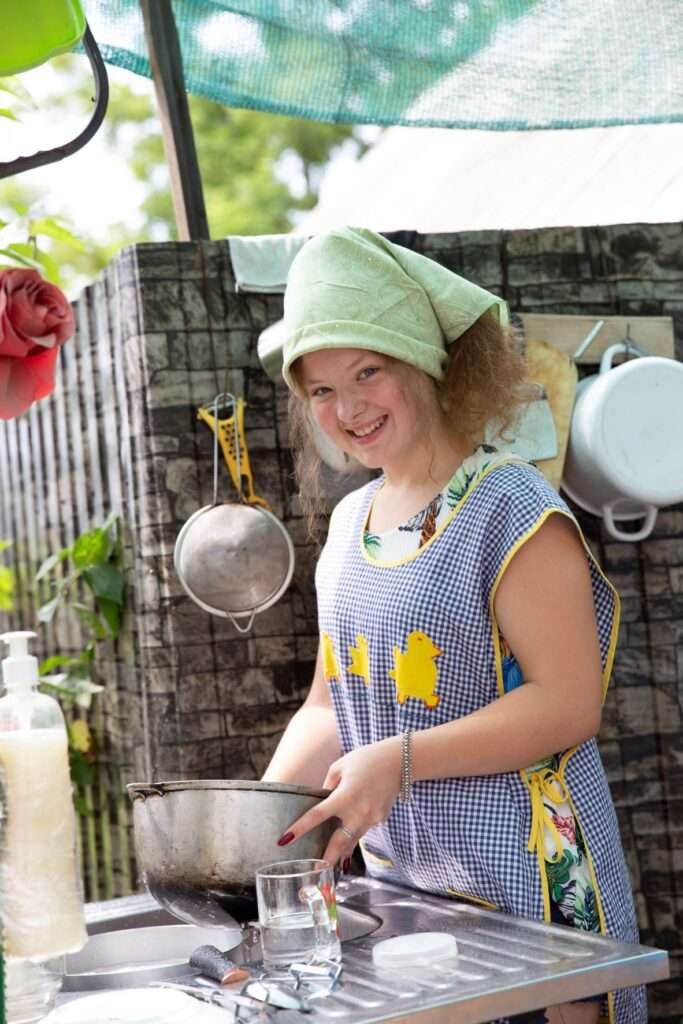
The family has worked hard over the years to ease these growing pains through creative bootstrapping and teamwork. They raise chickens and own a cow, and they grow potatoes and carrots. Each of the children has daily chores that make the family a productive team. One child takes the cow to the herd each morning while the other makes tea. One helps Aleasa with cooking and dishes in the evening while another feeds the chickens and ducks. As Aleasa put it, “We cover each other to be an organized family.”
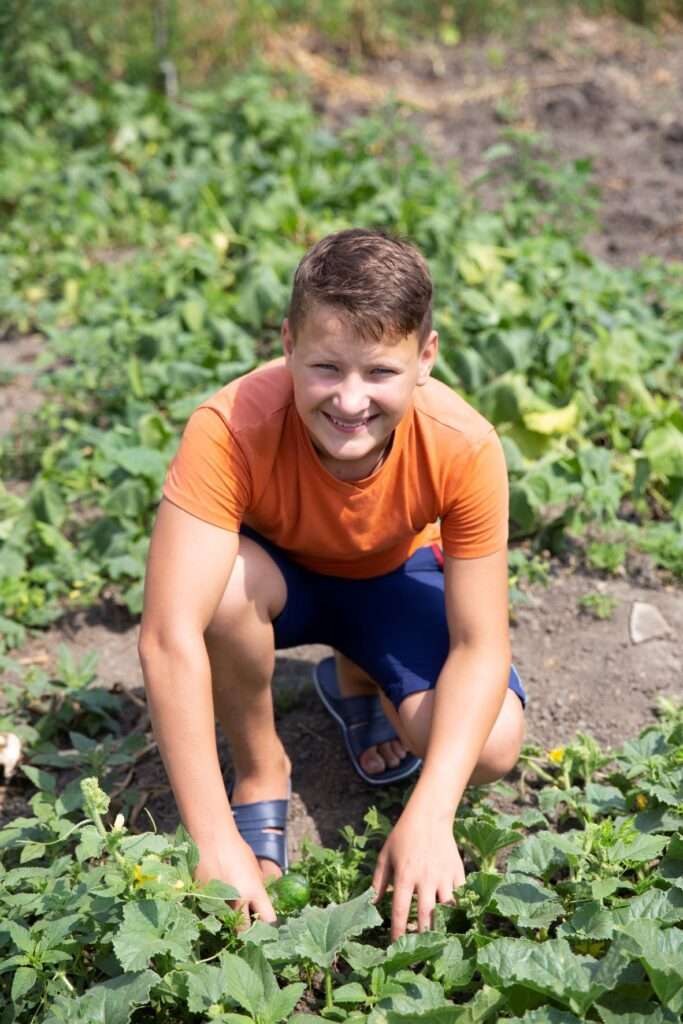
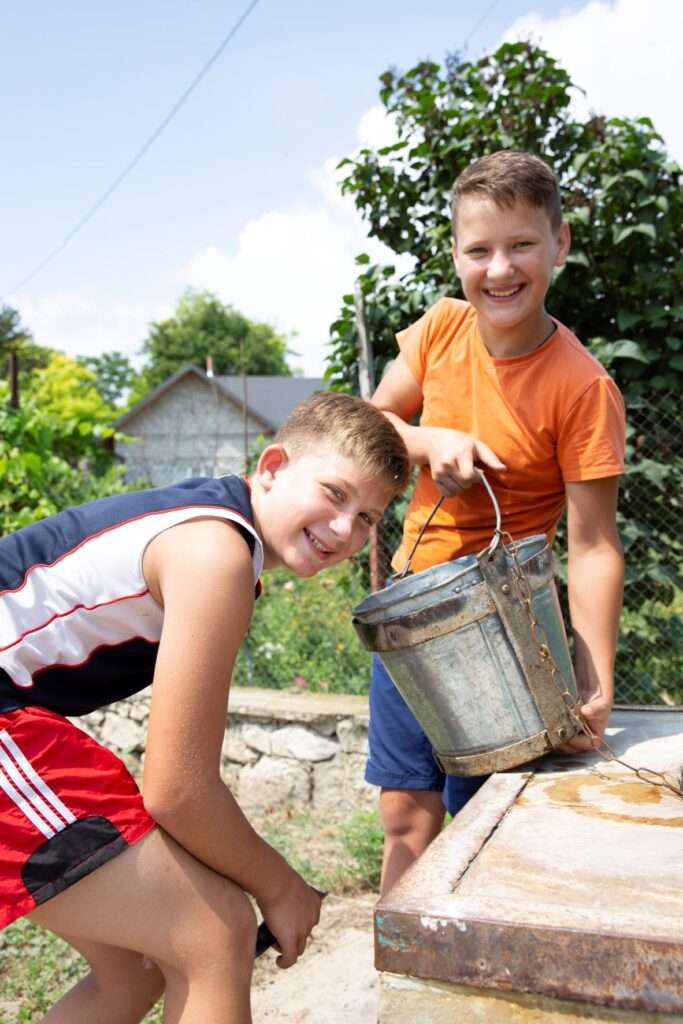
Years later, after all the time she’s spent raising these once small children into the people they are today, what does Aleasa think about her and her husband’s decision to have a family? In her own words, it would seem the lessons of parenting have been well worth the effort: “I would advise families who really want to do good for our future to have children in their families, and to love them.”
